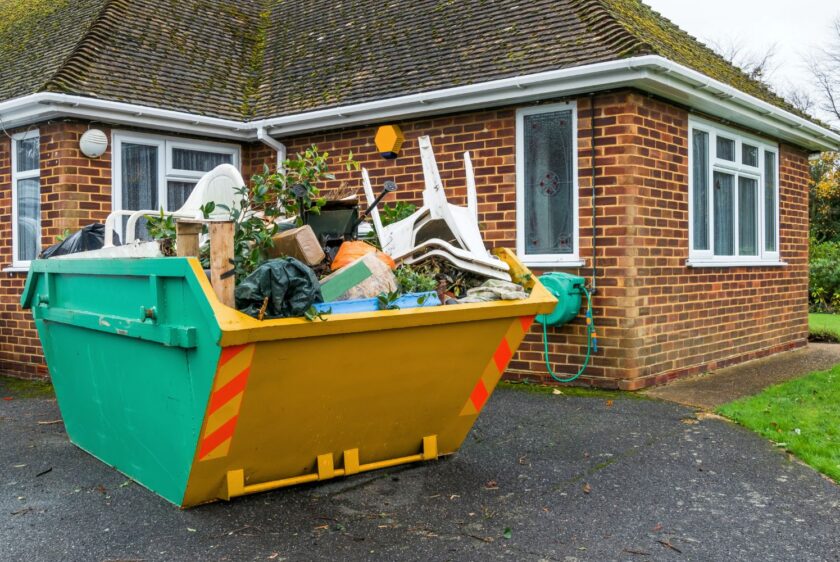
Choosing the Right Size Skip for Your Project
When embarking on any project, from a minor home renovation to a sprawling construction site, one essential factor often overlooked is waste management. Choosing the right size skip is not just about ensuring you have enough space to dispose of your waste; it’s about efficiency, cost-effectiveness, and environmental responsibility. Here’s a detailed guide on selecting the appropriate skip size for your project, along with essential considerations to keep in mind.
Understanding Skip Sizes
Skips come in a variety of sizes, typically measured in cubic yards (yd³), ranging from the compact 2-yard mini skips to the massive 40-yard roll-on roll-off (RORO) skips. The size you need depends on the scale of your project and the type of waste you’ll be disposing of.
- Mini Skips (2-3 yd³): Perfect for small domestic jobs, like garden clearances or minor home renovations. They can hold approximately 20-30 bin bags of waste.
- Midi Skips (4-5 yd³): Ideal for medium-sized projects, including bathroom refurbishments or extensive garden work. They can accommodate 30-40 bin bags of waste.
- Builders’ Skips (6-8 yd³): The most common choice for construction and large domestic projects. These can handle 50-80 bin bags of waste, making them suitable for heavy materials like bricks and soil.
- Maxi Skips (10-18 yd³): Best for major home renovation projects or small commercial construction. They can contain 100-180 bin bags of waste.
- RORO Skips (20-40 yd³): Designed for very large commercial projects, significant construction sites, and industrial waste. These skips can handle a substantial amount of waste, including bulky items and substantial amounts of light construction waste.
Factors to Consider
When selecting a skip, consider the following factors to ensure you choose the right size for your needs:
Type of Waste: The waste material from your project will influence the size of the skip you require. Heavy materials like bricks, soil, and concrete need more robust skips with lower volume capacities (builders’ skips), while lighter materials can be accommodated in larger, higher-capacity skips (maxi or RORO skips).
Project Size: Estimate the amount of waste your project will generate. A good rule of thumb is to choose a skip one size larger than you think you need to avoid overfilling, which can incur additional charges.
Space Constraints: The location of your project may limit the size of the skip you can use. Ensure there is adequate space for delivery, placement, and pickup of the skip. Consider access routes and ensure they are wide enough for the skip lorry.
Local Regulations: Before hiring a skip, check local regulations regarding skip placement, especially if you plan to place it on public property. To place a skip on a public road in Liverpool, you need a licence. Find out more about Liverpool Skip Permit Licenses here.
Environmental Considerations: Opting for the right size skip not only reduces the risk of overfilling but also ensures that waste is disposed of more efficiently and responsibly. Consider a company that prioritises recycling and minimises waste sent to landfills.
Making the Right Choice
Once you’ve considered these factors, you’ll be in a better position to choose the right skip size. If in doubt, it’s always better to opt for a slightly larger skip to accommodate any unexpected waste. Remember, overloading a skip is unsafe and can lead to additional charges for removal or the need to hire a second skip.
Choosing a skip with adequate space for your waste ensures that your project runs smoothly, keeping your site clean and safe while also being mindful of the environment. By selecting the appropriate skip size, you contribute to more efficient waste management and disposal, ensuring that materials are recycled wherever possible and reducing the impact on landfills.
With over four decades of experience in waste management, we offer a range of skip sizes to suit any project, from minor renovations to major construction works, across Liverpool and the Merseyside area. Our team is dedicated to providing flexible, reliable waste management solutions, ensuring that your project’s waste is handled efficiently and responsibly.
